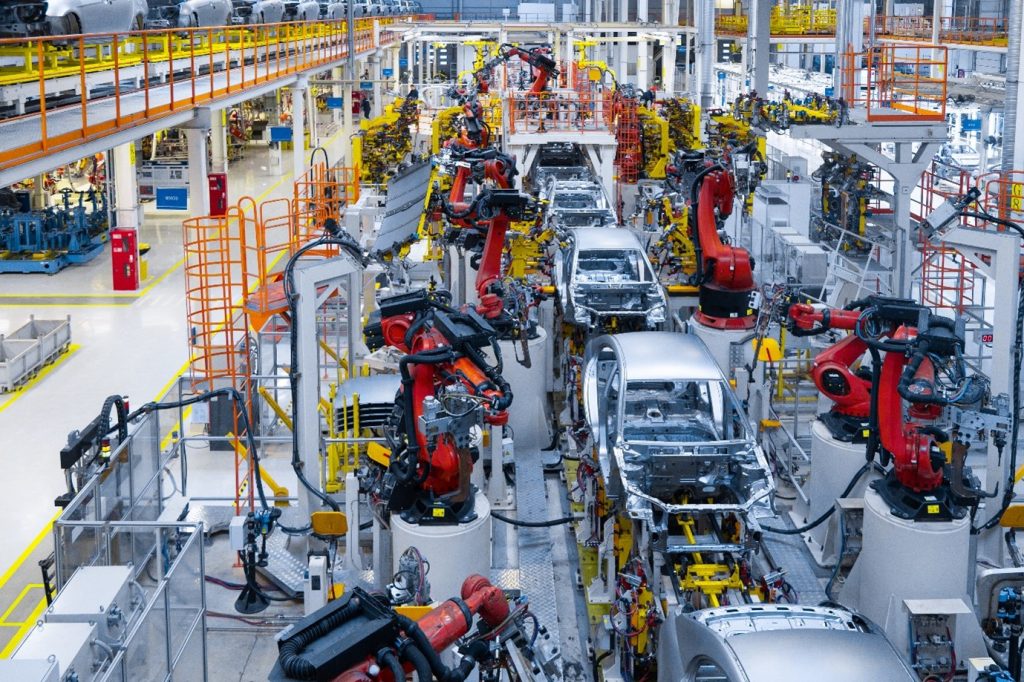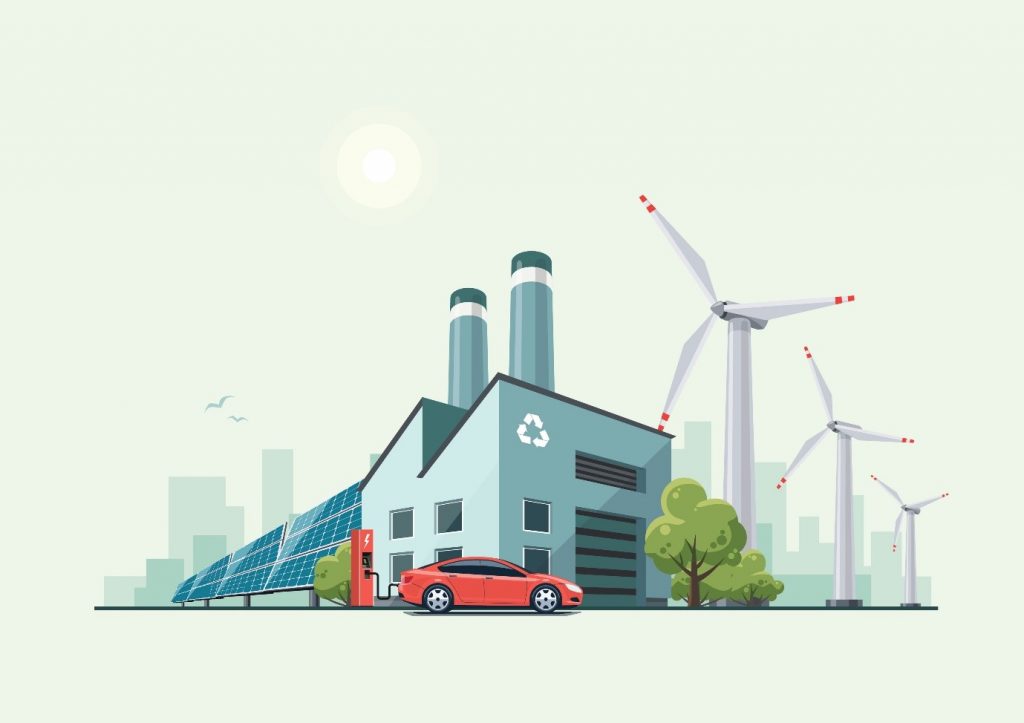A Greener Future Predicted for UK Manufacturing
The manufacturing industry of today is unrecognisable compared to 30 years ago, so it makes sense that the future of the industry won’t look anything like it does now. Manufacturing in the UK in 2050 is set to be a much eco-friendlier production. Recycling will come into play more, and entire factories could be powered by nothing but renewable energy.
Embracing this new, greener future is an exciting but also vital prospect. Climate change is a real issue affecting all industries, and a shift towards more sustainable ways of operating is necessary and unavoidable. The UK needs to make this transition by decarbonising its processes along the supply chain and reducing the carbon required in manufacturing.
Why is Green Manufacturing Important?
Climate change is causing sea levels to rise, water shortages, heatwaves, flooding, and more disasters the world over. The issue is only set to get worse, so the challenge is to meet these problems head-on and come up with innovative solutions.
The UK manufacturing industry is the ninth largest in the world and accounts for 42% of UK exports. When we take into account all the impacts of the UK manufacturing industry, the sector makes up around 15% of the UK’s economy. Manufacturing will have to cope with much of the structural changes needed to tackle the climate change problem.
Everything from energy, transportation, industrial processes, agriculture, and more will need to shift towards ridding themselves of the old, carbon-intensive processes. Switching to low carbon technologies and more efficient use of resources is one of the manufacturing industry’s greatest challenges. Clean energy is expected to be one of the largest markets of the 21st century, set to be worth more than £100 billion by 2030. So while the switch might be costly in the beginning, the future opportunities far outweigh the risk.
New technologies and innovations can help to completely reconstruct how industries like manufacturing operate. The decarbonisation of manufacturing is a big opportunity for the UK economy, raising productivity and creating sustainable jobs. By getting more out of existing resources, manufacturing can drive sustained productivity growth.
How Manufacturing is Changing
Manufacturing is already seeing a big shift towards more sustainable ways of working. While COVID-19 managed to bring the industry to a standstill and significantly impact the UK economy, it may actually have provided a boost to the shift towards more sustainable manufacturing practices.
Research shows that more sustainable practices often lead to a bigger profit, and businesses that invest in sustainability will reap the benefits. Before COVID-19, The Manufacturers’ Organisation UK found that 30% of manufactures were investing in energy-efficient measures, with 40% reporting an increase in profits as a result. In fact, 90% of manufacturers are aware of the 2050 net-zero target instated by the government, and nearly half of them were already committed to finding ways to help meet this.
Manufacturers were already starting to switch to greener practices, but it looked like COVID-19 has accelerated this, with many businesses wanting the government to offer energy-efficient measures to aid a green recovery from the pandemic. As manufacturers return to work, and learn some key lessons as a result of the virus, more opportunities have opened up to improve sustainability, transform the way the economy operates and work towards a green recovery.
Technological innovations are the driving force behind green manufacturing practices. In the supply chain, processes and products can be decarbonised, reducing the carbon needed to produce the products, making them more efficient; this involves design improvements and efficiency-enhancing techniques such as using smart technologies. Use of data analytics and robotics can help production lines revolutionise the manufacturing process.
Take, for example, the car manufacturing giant Ford. They have already adopted VR, allowing them to bypass having to use up resources building physical model prototypes. Instead, a VR model is made, and this is used to workshop ideas and changes, lessening their environmental impact as they do not waste valuable resources.
Companies that invest early will have greater success in diversifying future products and markets. The UK manufacturing industry is well placed to make the transition to eliminating emissions. Through the Climate Change Act of 2008, the UK became the first country to set a legally binding emissions-reduction target, setting a precedent for industry decisions.
So far more than half of the electricity in the UK comes from low-carbon sources, 39% of which comes from renewables. The offshore wind capacity is higher than any country, 40% of the total worldwide, and the electric car industry in the UK accounts for 6% of the global market, ranking it sixth in the world in 2018.
The UK has a strong advantage in creating these innovative technologies to help drive sustainability. The reasons for this include:
- A competitive product market
- A flexible labour market
- World-class universities providing excellent graduates
- Globally competitive firms in manufacturing
With continued investment and support, the UK government could help the manufacturing industry become a world leader in green manufacturing. The challenge is complex, involving a delicate balance between remaining competitive and maximising potential. With both Brexit and COVID-19 taking over the government’s focus, it could be a long way off, but there is reason to be optimistic about the UK’s ability to tackle this green transition head-on.
At European Springs, we take a vested interest in manufacturing news. We are expert spring manufacturers based in Kent and Cornwall. Contact us today to find out more about our services.


